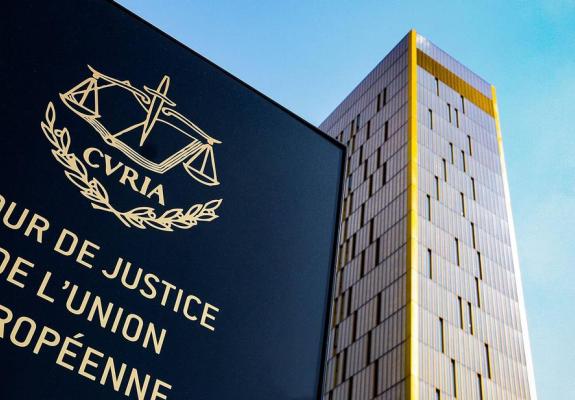Cyprus's Proposed FDI Bill Sparks Debate Among Stakeholders
Concerns Among Professional Bodies Over Thresholds, Oversight, and Investment Exemptions
A new bill aimed at regulating foreign direct investments (FDI) in Cyprus has sparked significant debate among professional associations, lawmakers, and the Ministry of Finance. Designed to align Cyprus with EU standards on protecting national security and public order, the proposed legislation has met resistance over specific provisions.
The bill, currently under review by the Parliamentary Finance Committee, sets a framework to evaluate whether foreign investments might pose risks to critical infrastructure, sensitive data, or public order. While the Ministry of Finance asserts that the proposal strikes a balance, professional associations have expressed several concerns.

- Threshold for Control
Critics argue that the 25% threshold for defining business control is insufficient. They suggest increasing it to 25% plus one share, a change that would align the bill with anti-money laundering laws and provide clearer criteria for stakeholders.
- Investment Exemptions
The Cyprus Shipping Chamber and other bodies advocate excluding investments in new or acquired ships from the bill's scope. These transactions, often worth $250–300 million and involving multiple investors through special-purpose vehicles (SPVs), are viewed as low-risk for national security.
- Notification Thresholds
The proposed legislation removes minimum thresholds for mandatory notifications to the competent authority. Critics, including the Cyprus Bar Association, recommend introducing sector-specific thresholds for industries like energy, technology, and communications to ensure a more targeted and efficient screening process.
- Independence of Oversight
Professional groups, including the Cyprus Employers & Industrialists Federation (OEB) and the Cyprus Chamber of Commerce and Industry (CCCI), propose creating an independent authority to oversee FDI. They emphasize the importance of impartiality, adequate resources, and specialized personnel to ensure effective enforcement.

The bill is expected to go to a vote in mid-December and aims to comply with EU Regulation 2019/452, which empowers member states to monitor FDI affecting national security. Cyprus, Greece, and Croatia remain the only EU nations yet to adopt such legislation.
The Ministry of Finance defends the proposal as the most lenient among EU member states, focusing solely on critical infrastructure rather than broader financial regulations. However, lawmakers warn that overly restrictive measures could deter investments and undermine Cyprus’s status as an international business hub.
The Finance Committee has scheduled an extraordinary session this week to finalize amendments before the bill is tabled in Parliament. Lawmakers have expressed readiness to introduce their own changes if the Ministry does not accommodate key industry recommendations.






